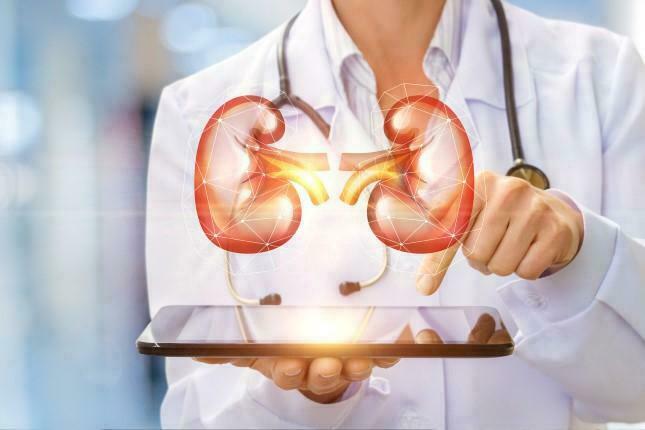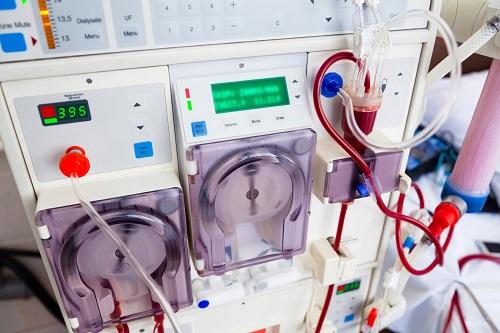- Home
- About Us
- Our Services
- Cardiology & Cardiac Surgery
- Neuro Surgeon and Neurologist
- Nephrology & Dialysis
- Orthopedics & Joint Replacement
- Gastroenterology
- General & Advanced Laparoscopy Surgery
- Internal Medicine & Critical Care
- ENT & head, face, neck surgery
- Metabolic And Bariatric Surgery
- Asthma, Allergy & Sleep Medicine
- Obstetrics & Gynaecology
- Pediatrics & Neonatology
- Plastic & Cosmetic Surgery
- Radiology & Imaging Science
- Urology treatment
- Physiotherapy
- Dental/ cosmetic
- Cardiology Department
- Our Doctor
- Media
- Schemes
- Blog
- Career
- Contact Us




